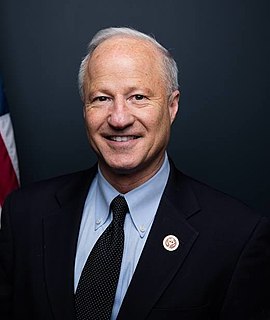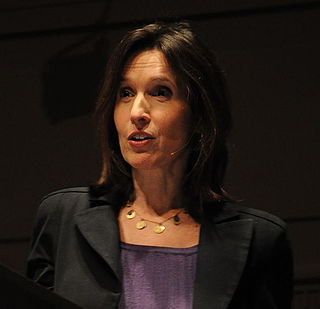A Quote by Matthew Desmond
What we're seeing is that even in high poverty neighborhoods, the average cost of renting is quickly approaching the total income of welfare recipients and low wage workers.
Related Quotes
Raising the minimum wage and lowering the barriers to union organization would carry a trade-off - higher unemployment. A better idea is to have the government subsidize low-wage employment. The earned-income tax credit for low-income workers - which has been the object of proposed cuts by both President Clinton and congressional Republicans - has been a positive step in this direction.
The solution for rising up kids in the income distributionlies is in creating better childhood environments for kids growing up, especially in low income families. And so what means such things like schools, the quality of neighborhoods. If you think about what's gone on in Baltimore, it's a place of tremendous concentrated poverty. People aren't really seeing a path forward and I think revitalizing places like that can have a huge impact, even in the face of globalization and changes in technology.
Especially for the young and the lowest-skilled, minimum wage becomes a toll that prevents many from entering the work force and gaining the skills that can make a low income or middle class worker a high income worker. This is so obvious that one wonders why liberals keep championing the minimum wage cause.
Between 1965 (the beginning of LBJ's "Great Society") and 1994, welfare spending has cost the taxpayers $5.4 trillion in constant 1993 dollars. The War on Poverty has cost us 70 % more than the total price tag for defeating both Germany and Japan in World War II, after adjusting for inflation. Many believe that Welfare has destroyed millions of families and cost a huge portion of our national wealth in the process.
I know firsthand that many employers who comply with other labor standards still hire the undocumented. Many businesses pay the minimum wage and have barely tolerable working conditions because there are sufficient undocumented workers willing to accept those terms. If we care about low-income workers in this country, we need to create pressure to improve their economic condition by reducing the supply of unauthorized workers.
The 1996 welfare reform law, for the first time, connected welfare benefits with an expectation that recipients would work or participate in training. That work requirement led to record increases in employment and earnings and a record decrease in poverty and welfare dependence after it was enacted.
It seems to me both moral and practical that in the richest in nation in the world that someone working full time shouldn't live in poverty. And studies over the last 20 years in states where we have seen these minimum wage increases show there's no discernible impact on employment growth. In fact, what it does is line low-wage workers' pockets with higher wages.






































